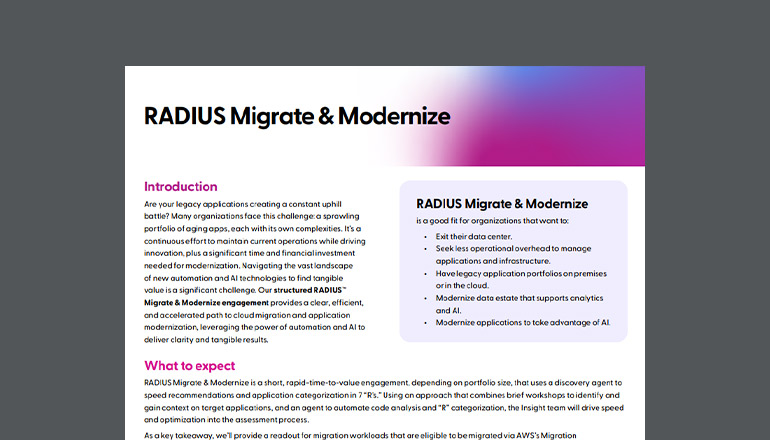Blog Is Anyone There? Improving Sprint Review Feedback
"Well, that's the end of our sprint review. … Any questions?"
<silence>
<Noticeable lack of feedback>
By Mark Wavle / 8 Aug 2017 / Topics: Application development

Has this ever happened to you? It can be very frustrating to the product owner and the development team. You're showing them your working software but not getting any feedback. Without feedback, you don't know if you're heading in the right direction and investing in the best things for your customers. This is core to your success.
After experiencing my fair share of frustrating sprint review moments, I want to share some tips to improve the feedback you receive.
Ask specific questions during your sprint review.
In almost every sprint review I've participated in, the most-often uttered phrase is, "Any questions?" Despite the frequency of its use, I have come to believe this is not an effective way to get feedback.
Are questions the feedback you want to get? Do people need to have a question in order to speak up? For some, it's a little intimidating to feel like they have to question or challenge something in order to contribute.
Consider changing your go-to question to something that lowers the bar of entry and invites collaboration. There are a lot of options to choose from:
- Any comments?
- Any thoughts?
- Any feedback?
- Any input?
- Any reactions?
You can also word the question in a way that assumes there are, in fact, people who want to respond:
- What are your comments?
- What are your thoughts?
And there are more powerful questions you can ask to get some really insightful feedback:
- What are you wondering?
- Is there anything we didn't address?
- What's missing?
- Is this the value you were hoping to see?
Change the scope.
Another thing that will help your stakeholders engage is to narrow the scope for their sprint feedback. The reality is that many people don't think critically about something until they're triggered to. So, if you wait until the end of the sprint review to ask for feedback, participants will be swimming in things to consider and won't be able to respond to anything but what's closest at hand — the last thing they were shown.
At least after looking at each product backlog item or screen, pause and ask one of your new go-to questions. Give people a chance to analyze and respond. After you've done this a while, your stakeholders will expect it and will constantly consider what they want to respond to.
Change the focus.
Center the sprint review on your stakeholders — when they walk in, they should feel like you've tailored the event to them … because you have. Let them know what to expect beforehand, be prepared and ready to go so you don't waste their time, provide food and welcome them when they walk or dial in.
At the start of the sprint review, talk directly to the stakeholders and thank them for coming while making it clear their participation and feedback is critical to ensure the product provides the best value with the least amount of waste.
Another great tactic you can use after the sprint review is to ask your stakeholders what could be done to help them give better feedback. (Sounds like a retrospective on your sprint review, right?) I've gotten some great responses to this, which only increases stakeholder engagement in future sprint reviews.
If you focus your sprint reviews on your stakeholders and ask them powerful questions every step along the way, you'll begin to see better engagement and feedback — and a better product as a result.




